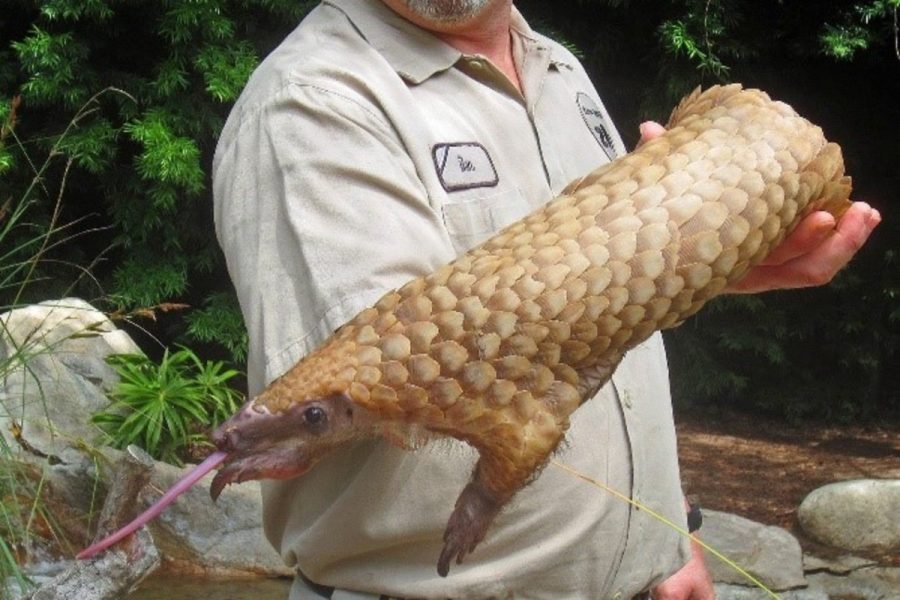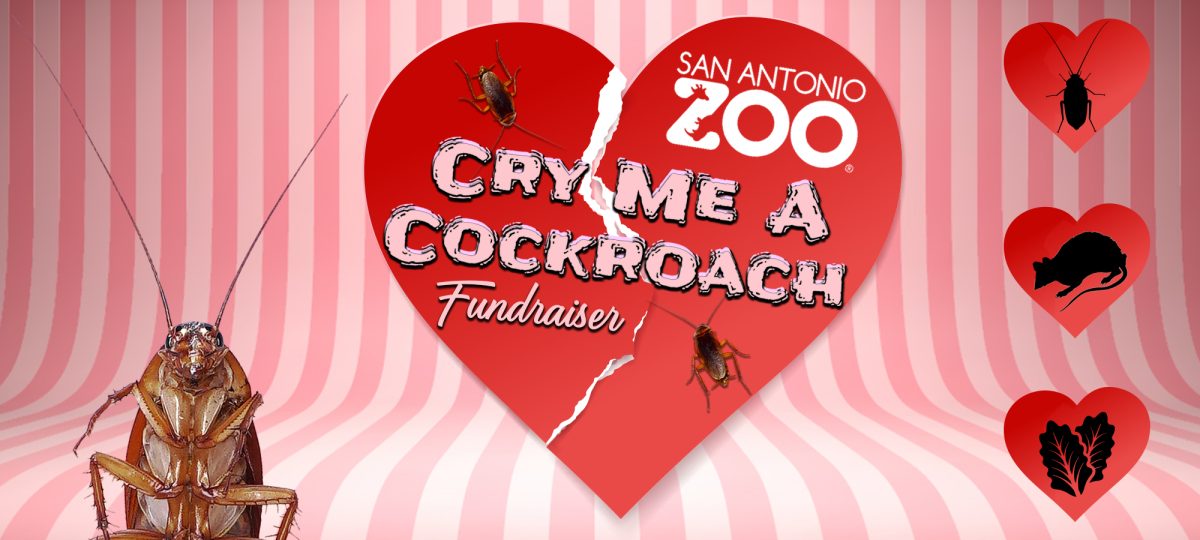 By Sam Schwartz ’18, Contributor
By Sam Schwartz ’18, Contributor
The “Animal of the Week” will show the amazing biodiversity that nature has to offer. These animals won’t be your typical wild Zebras, Sharks, and Bears-but some of the most rare and magnificent on the planet.
Pangolins are a scaly mammal found throughout the African and Asian Continents. The name “pangolin” comes from the Malay word “pengguling”, meaning “something that rolls up.” These oddities come in a variety of different shapes and sizes: the eight species of Pangolins vary in weight and length, from a maximum of three pounds to seventy-five pounds and twelve to thirty-nine inches, respectively. Pangolins are one of the only two mammals, like armadillos, to possess scales that protect their body. Making up twenty percent of the Pangolin’s weight, these scales are made of keratin, the same material humans produce to make nails and hair, and continuously grow during a Pangolins life time.
Pangolins, who live without teeth, use their long slender head and muscular sticky tongue to capture ants and termites hidden away in small mounds. Using their long sharp nails, Pangolins pull bark and dig through dirt in search of ants. It is estimated a Pangolin can consume seventy million insects each year. Pangolins’ tongues are so long that they attach near the pelvis and when fully extended, are longer than the mammal’s entire body. Lacking strong eyesight and hearing, Pangolins have evolved to have a strong sense of smell which helps locate their prey. The Pangolin’s stomach is unusual for a mammal. Though usually a common feature of birds, Pangolins have gizzards which use small rocks to grind up their food.
 Pangolins are primarily nocturnal creatures, constantly searching for food at night while sleeping during the day. When Pangolins sleep or feel threatened, like the armadillo, they can curl up into a ball for protection. Baby Pangolins cling to their mother’s tails for protection while they are juveniles.
Pangolins are primarily nocturnal creatures, constantly searching for food at night while sleeping during the day. When Pangolins sleep or feel threatened, like the armadillo, they can curl up into a ball for protection. Baby Pangolins cling to their mother’s tails for protection while they are juveniles.
Though Pangolins pose no threat to humans, their numbers have drastically decreased in recent decades. Their scales are often used in indigenous medicines, and are believed to cure everything from cancer to asthma, although this has been tested and there are no noticeable effects. Over the past decade, it is believed that over one million pangolins have been trafficked illegally to South China and Vietnam. Conservation efforts have been extremely difficult as Pangolins haven’t been successfully bred in captivity because of their specific diets.







